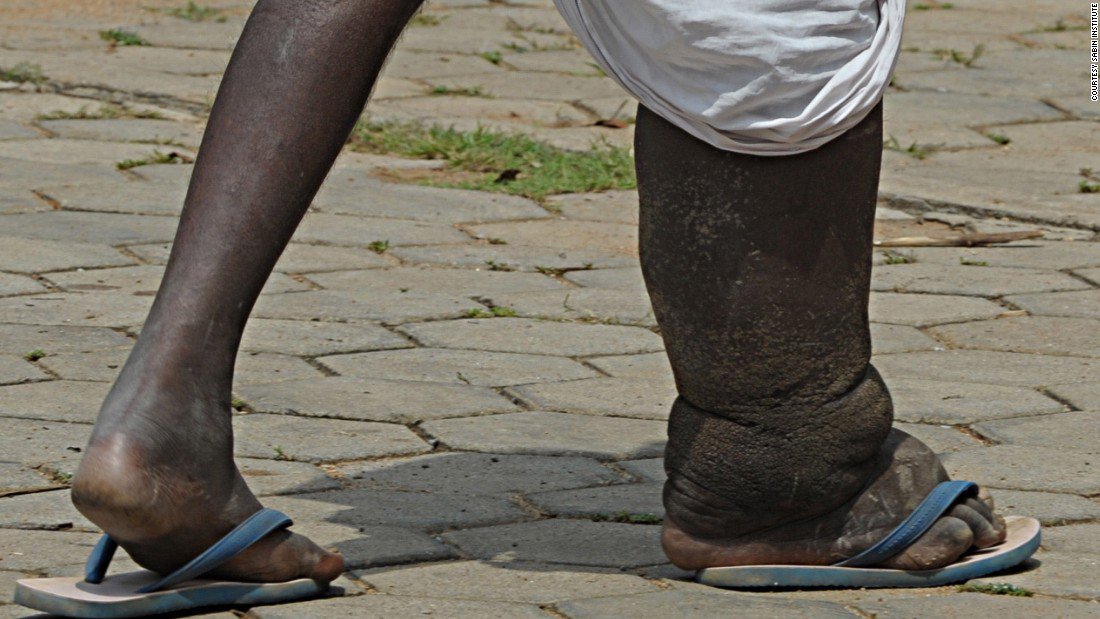Understanding Skin Texture Changes
Have you ever looked at your skin and thought, "Wow, this feels rough, almost like elephant skin?" It's a surprisingly common feeling, and it can be unsettling. This article delves into the various reasons why skin can develop a thick, rough texture and offers practical advice for improving its overall health and appearance.
Skin texture changes can happen for a variety of reasons, from simple dryness to underlying medical conditions. Understanding the potential causes is the first step towards finding effective solutions. We'll explore everything from everyday habits that might be contributing to the problem to more complex issues that might require professional attention.
It's important to remember that skin is our largest organ, and its texture can reflect our overall health. Changes in texture, such as increased roughness, dryness, or a leathery feel, can be a sign that something is amiss. While the phrase "elephant skin" is a descriptive analogy, it's not a medical diagnosis. This article aims to empower you with the knowledge to address your skin concerns effectively.
Navigating the world of skincare can be overwhelming, with countless products and remedies promising miraculous results. We'll cut through the noise and focus on evidence-based approaches to improve skin texture. This includes lifestyle adjustments, effective skincare routines, and when it's necessary to seek advice from a dermatologist.
This discussion isn't just about aesthetics; it's about skin health. Healthy skin is vital for protecting our bodies from external threats and maintaining overall well-being. We'll explore how to nurture your skin from the inside out, focusing on long-term solutions rather than quick fixes.
Several factors can contribute to skin resembling elephant skin. Dryness is a common culprit, often exacerbated by environmental factors like cold weather or harsh soaps. Certain skin conditions, such as eczema and psoriasis, can also lead to thickening and roughness. Additionally, prolonged exposure to the sun can damage the skin's structure, resulting in a leathery texture.
If your skin texture concerns are persistent or accompanied by other symptoms like itching, redness, or pain, consulting a dermatologist is crucial. They can accurately diagnose the underlying cause and recommend appropriate treatment options, which may include topical creams, medications, or lifestyle changes.
While having skin that resembles elephant skin isn't inherently beneficial, addressing the underlying causes can lead to several positive outcomes. For example, treating dryness can restore the skin's natural barrier function, protecting it from irritants and infections. Managing conditions like eczema can significantly reduce itching and inflammation, improving overall comfort. Protecting your skin from sun damage can prevent premature aging and reduce the risk of skin cancer.
Creating an action plan for improving your skin texture starts with identifying potential triggers. Keeping a journal of your skincare routine, diet, and environmental exposures can help pinpoint contributing factors. Next, focus on building a consistent skincare routine that includes gentle cleansing, moisturizing, and sun protection.
Advantages and Disadvantages of Thick Skin
| Advantages | Disadvantages |
|---|---|
| More resistant to minor abrasions | Can be prone to dryness and cracking |
| May appear less wrinkled initially | Can feel rough and uncomfortable |
Frequently Asked Questions:
1. What causes skin to feel like elephant skin? Dryness, certain skin conditions, and sun damage are common causes.
2. Should I see a doctor about my skin texture? If the changes are persistent or bothersome, consulting a dermatologist is recommended.
3. Can I improve my skin texture at home? Yes, establishing a good skincare routine and addressing underlying issues like dryness can often improve skin texture.
4. What products should I use for rough skin? Gentle cleansers, hydrating moisturizers, and sunscreens are essential.
5. How long does it take to see improvement in skin texture? Results vary, but consistency with your skincare routine is key.
6. Are there any natural remedies for rough skin? Some natural ingredients like oatmeal and aloe vera can be soothing for dry skin.
7. Can diet affect skin texture? Yes, a healthy diet rich in fruits and vegetables can contribute to overall skin health.
8. How can I prevent my skin from becoming rough? Protecting your skin from the sun, staying hydrated, and using gentle skincare products are important preventative measures.
Tips and Tricks: Avoid harsh soaps, use lukewarm water when cleansing, and pat your skin dry instead of rubbing.
In conclusion, experiencing changes in skin texture, sometimes described as feeling like "elephant skin," can be concerning. However, by understanding the potential causes and implementing a consistent skincare routine, you can work towards achieving healthier, smoother skin. Remember that this journey is about more than just aesthetics; it's about prioritizing skin health and overall well-being. Don't hesitate to seek professional guidance if your concerns persist or worsen. Taking proactive steps to care for your skin can significantly improve its appearance and feel, boosting your confidence and promoting long-term skin health. Start by assessing your current skincare routine and making gradual changes, focusing on hydration, gentle cleansing, and sun protection. With patience and persistence, you can achieve noticeable improvements and enjoy the benefits of healthy, vibrant skin. Remember to listen to your skin and adapt your routine as needed. This journey is about finding what works best for you and embracing the process of nurturing your skin's natural beauty.
Unlocking visual creativity exploring the power of bing ai image generation
Unlocking potential supervisor feedback examples and best practices
Navigating comfort understanding american air heating and cooling reviews













